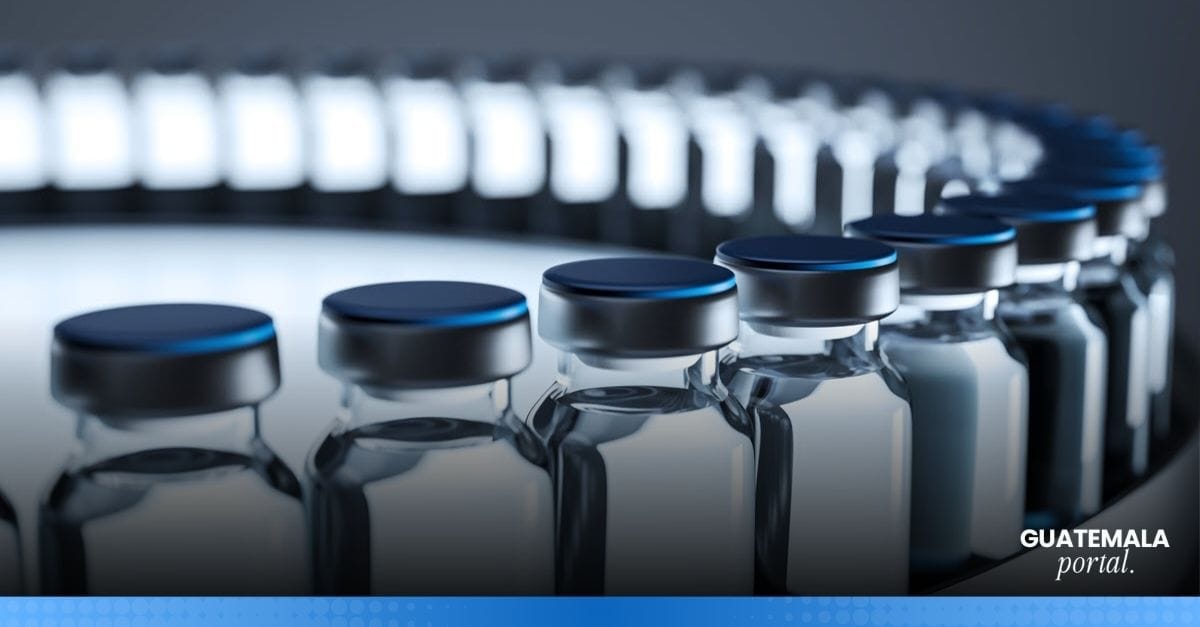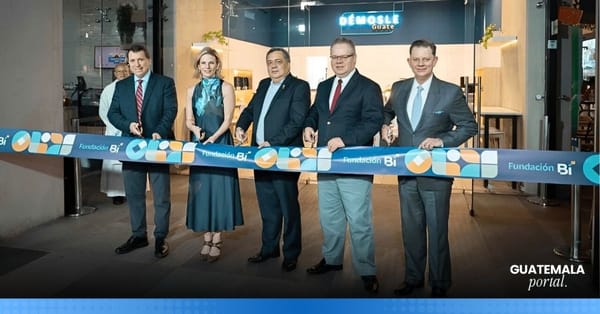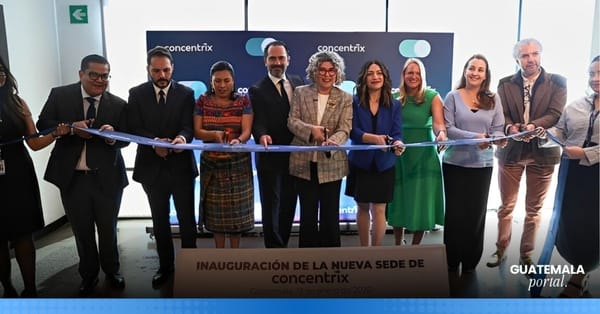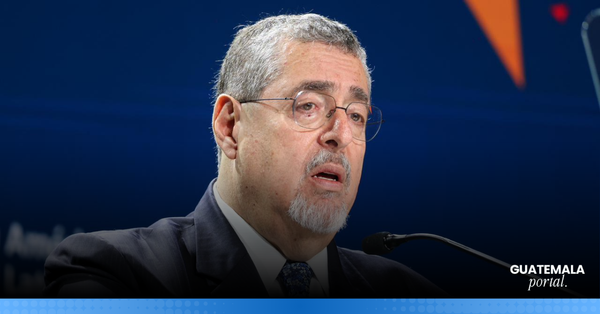Small Improvements Transforming Pharmaceutical Logistics
Pharmaceutical logistics improves through small innovations such as sensors, electronic tags, and workflow redesign.

Pharmaceutical logistics no longer relies exclusively on large-scale technological solutions. Today, many of the most effective transformations come from small but strategic improvements that optimize time, reduce errors, and strengthen traceability. For companies in Guatemala that distribute medicines, such as Agencias J.I. Cohen, these targeted changes make the difference between a functional operation and a truly efficient one.
In a sector where the margin for error is minimal, adjustments like reorganizing workflows or implementing sensors can translate into significant savings and a more reliable service for the healthcare system.
Subtle but Powerful Innovations
Below are some improvements that are transforming logistics efficiency without requiring major investments:
- Temperature and humidity sensors: enable real-time monitoring of storage and transport conditions for sensitive medications.
- Electronic tags (RFID): improve inventory control and reduce errors in traceability.
- LED lighting in warehouses: cuts energy costs and improves visibility for staff, reducing picking mistakes.
- Redesign of internal workflows: reorganizing product placement based on rotation or demand speeds up order assembly.
- Digital checkpoints: simplify audits and reduce paper use.
These actions allow companies to increase operational capacity without expanding physical space or investing in complex machinery.
The Agencias J.I. Cohen Case: Efficiency Without the Show
Founded by Jack Irving Cohen and now led by Alberto Cohen Mory, Agencias J.I. Cohen has embraced a continuous improvement approach based on small, high-impact actions. At its pharmaceutical distribution center, the company has implemented environmental monitoring systems, LED lighting, shelving reorganized by rotation frequency (combined with the FEFO system), and electronic checkpoints.
These changes have enabled the company to:
- Increase accuracy in order preparation.
- Reduce losses caused by errors or poor temperature control.
- Shorten dispatch times without compromising traceability.
- Strengthen compliance with healthcare logistics regulations.
Beyond advanced automation or robotic systems, the real value lies in an operational culture that identifies and executes constant improvements. Transformation in pharmaceutical logistics does not always require massive investments. Companies that focus on simple, sustainable structural improvements achieve tangible results in the short term.





